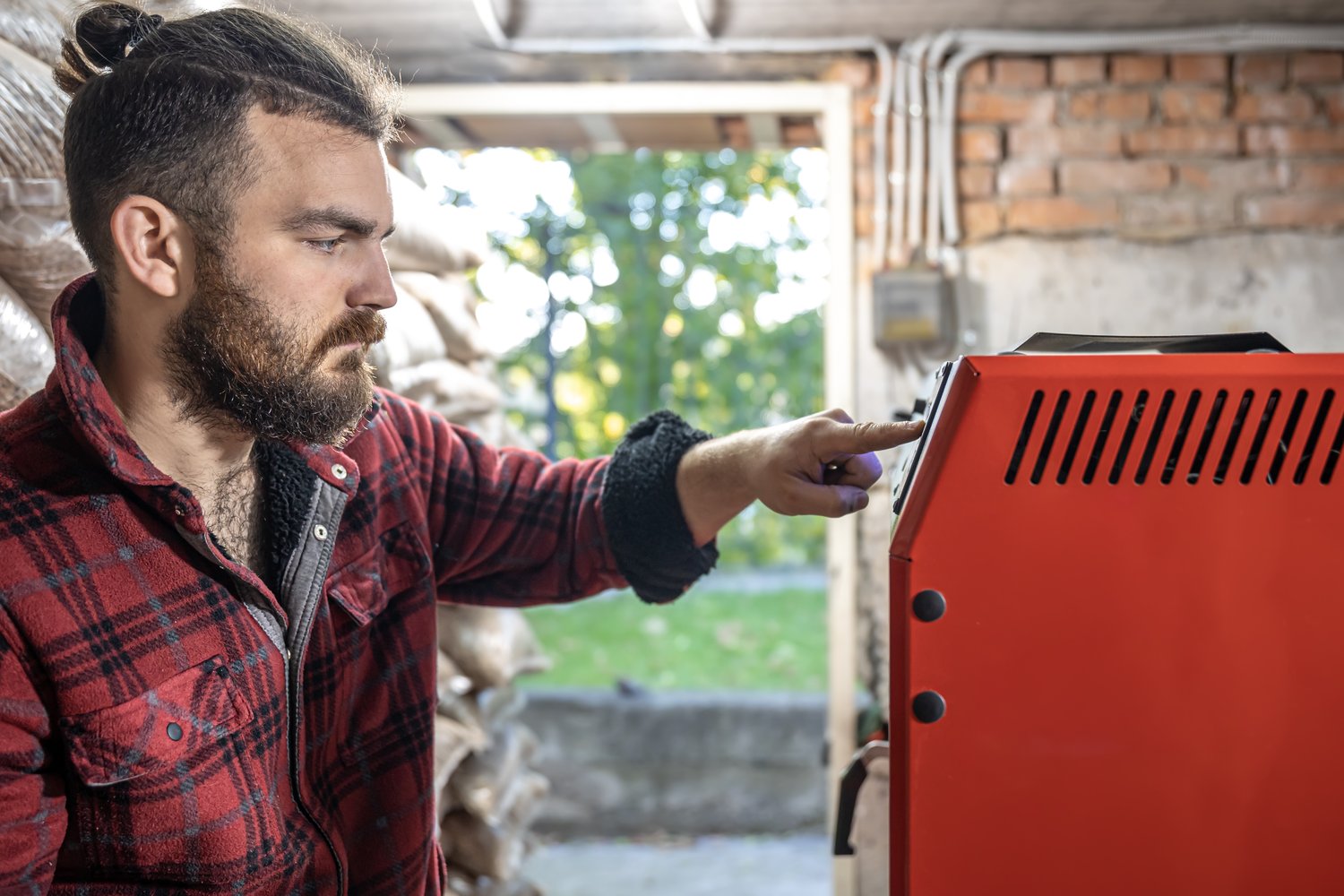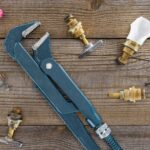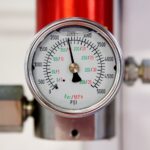Understanding different types of boilers
Boilers and furnaces are essential components of home heating systems. They come in various types, each suited for different needs. Gas boilers are popular due to their efficiency and lower operational costs. Solid fuel boilers offer an alternative for areas without gas connections. Electric boilers and accessories provide a compact solution for smaller spaces. Understanding these options is crucial for making an informed decision.
Gas boilers are the most common choice in many households. They heat water quickly and are generally less expensive to run than other types. [Boilers and furnaces] https://onninen.pl/en/products/Heating-systems/Boilers-and-furnaces come in different sizes, with output ranging from 24kW to 42kW for residential use. Condensing gas boilers can achieve efficiency rates of up to 98%, significantly reducing energy bills.
Solid fuel boilers use materials like wood, coal, or biomass. These are ideal for rural areas or those seeking alternative fuel sources. They typically have a longer lifespan, often exceeding 20 years with proper maintenance. [Solid fuel boilers] https://onninen.pl/en/products/Heating-systems/Boilers-and-furnaces/Solid-fuel-boilers can have outputs ranging from 15kW to 60kW, suitable for various property sizes.
Electric boilers are compact and easy to install. They don’t require flues or gas pipes, making them versatile for different locations. [Electric boilers and accessories] https://onninen.pl/en/products/Heating-systems/Boilers-and-furnaces/Electric-boilers-and-accessories are available in sizes from 4kW to 15kW. These boilers are 100% efficient in converting electricity to heat, but running costs can be higher compared to gas options.
When choosing a boiler, consider factors like home size, hot water demand, and available fuel sources. A professional assessment can help determine the most suitable option. Remember, the right choice can lead to significant savings and improved comfort in your home.
Factors to consider when selecting a boiler
Efficiency is a crucial factor in boiler selection. Look for boilers with high AFUE (Annual Fuel Utilization Efficiency) ratings. Modern [Gas boilers] https://onninen.pl/en/products/Heating-systems/Boilers-and-furnaces/Gas-boilers can achieve AFUE ratings of 95% or higher. This means 95% of the fuel is converted into usable heat, resulting in lower energy bills.
Size matters when it comes to boilers. An oversized boiler will waste energy, while an undersized one won’t meet your heating needs. Calculate your home’s heat loss to determine the appropriate boiler size. A typical 3-bedroom house might require a 24-30kW boiler, but this can vary based on insulation and other factors.
Consider the installation and maintenance costs. Gas boilers often have lower installation costs compared to solid fuel systems. However, solid fuel boilers may offer lower fuel costs in certain areas. Electric boilers have the simplest installation but may have higher running costs. Factor in annual maintenance expenses, which can range from $75 to $200 depending on the boiler type.
Longevity is another important consideration. Gas boilers typically last 10-15 years, while solid fuel boilers can last over 20 years. Electric boilers have a lifespan of 15-20 years. Consider the warranty offered by manufacturers, which can range from 5 to 10 years for most boilers.
Environmental impact is increasingly important. Condensing gas boilers produce fewer emissions compared to older models. Biomass solid fuel boilers can be carbon-neutral if using sustainably sourced fuel. Electric boilers produce no direct emissions but consider the source of electricity in your area.
Maintenance tips for optimal boiler performance
Regular maintenance is crucial for boiler efficiency and longevity. Schedule annual inspections by a qualified technician. These inspections typically take 1-2 hours and can identify potential issues before they become major problems. Keep records of these inspections for warranty purposes and future reference.
Monitor your boiler’s pressure regularly. The ideal pressure range is usually between 1 and 1.5 bar. If the pressure drops frequently, it may indicate a leak in the system. Learn how to repressurise your boiler safely, but call a professional if you’re unsure.
Bleed radiators annually to remove trapped air. This simple task can improve heating efficiency by up to 25%. Start with the radiator furthest from the boiler and work your way back. Use a radiator key, which costs around $2-$5, to release the air.
Keep the area around your boiler clear. Most boilers require at least 60cm of clear space in front for access. Ensure proper ventilation, especially for gas and solid fuel boilers. Clean or replace filters in electric boilers every 3-6 months to maintain efficiency.
Be aware of warning signs that indicate boiler problems. These include unusual noises, leaks, or a drop in heating performance. Address these issues promptly to prevent more serious damage. Remember, DIY repairs on boilers can be dangerous and may void your warranty. Always consult a professional for repairs.





